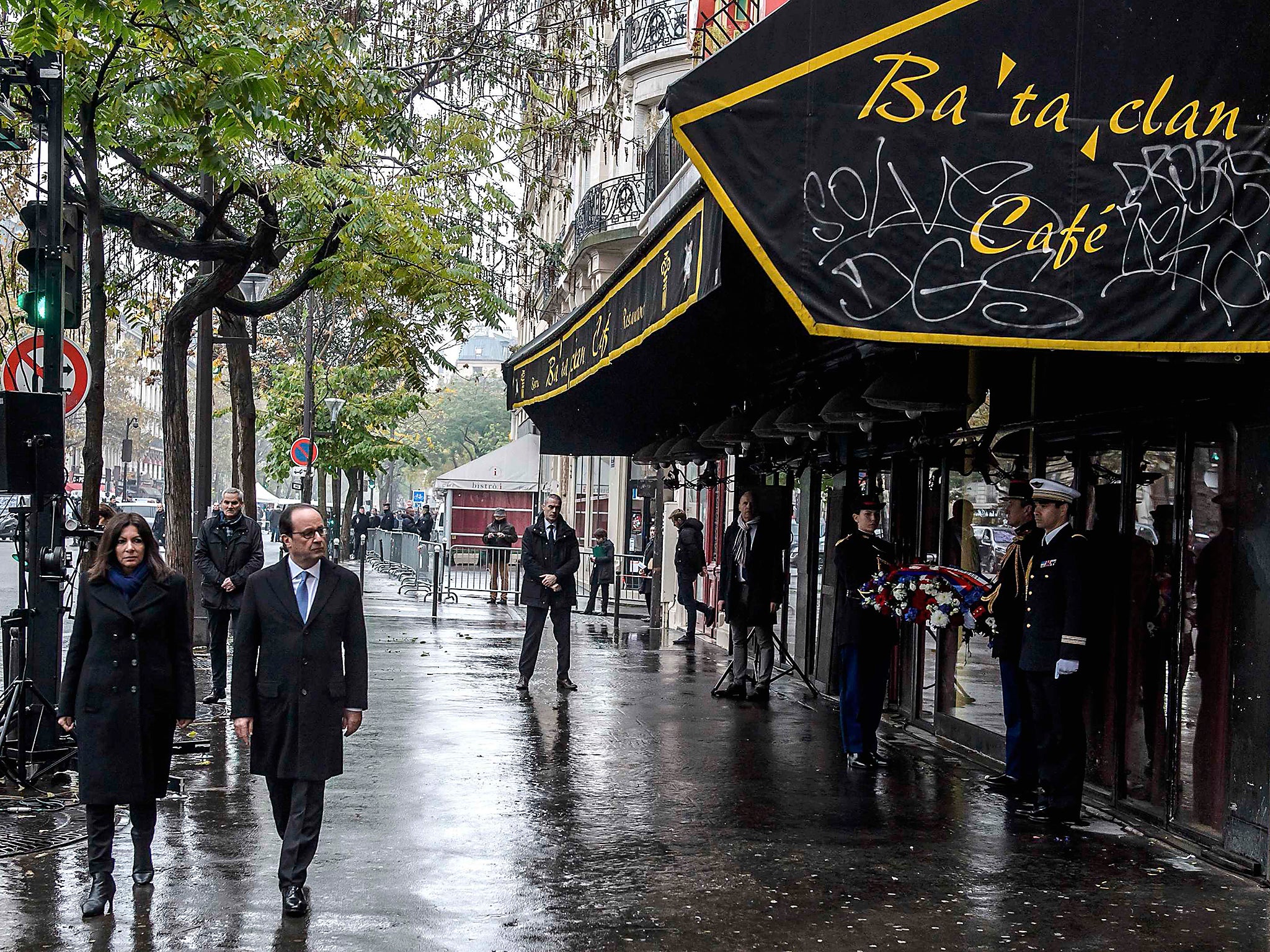If France wants to tackle terrorism, it needs to accept that extremist ideology is the root cause
Before we can effectively tackle the threat, there has to be a universal acceptance that the ideology that they purport is based on a perversion of Islam, not the form of Islam known and practiced by millions of Muslims worldwide

Your support helps us to tell the story
From reproductive rights to climate change to Big Tech, The Independent is on the ground when the story is developing. Whether it's investigating the financials of Elon Musk's pro-Trump PAC or producing our latest documentary, 'The A Word', which shines a light on the American women fighting for reproductive rights, we know how important it is to parse out the facts from the messaging.
At such a critical moment in US history, we need reporters on the ground. Your donation allows us to keep sending journalists to speak to both sides of the story.
The Independent is trusted by Americans across the entire political spectrum. And unlike many other quality news outlets, we choose not to lock Americans out of our reporting and analysis with paywalls. We believe quality journalism should be available to everyone, paid for by those who can afford it.
Your support makes all the difference.A year on from the Paris attacks, the jihadi assault on France continues, with the total number of deaths since January 2015 standing at 238 people across 10 incidents. While a security response is vital, until there is an understanding that religious ideology is the driver behind these attacks, the government will continue to firefight a roaring and unpredictable blaze without dealing with the root cause.
Across France, as witnessed in the Charlie Hebdo, Paris, and Nice attacks, amongst others, most incidents have been carried out by small cells and lone wolves. Isis has called for its supporters to use any means conceivable to cause as much devastation as possible. The sporadic nature of these attacks, using objects that can be easily sourced, makes them hard to prevent.
Yet the French government has been making substantial efforts over the past year.
In the aftermath of the Paris attacks, President Francois Hollande proposed new laws and increased spending on public safety. The rules changed for police officers on several counts: they are permitted to carry guns at all times, even when off duty; transport police are allowed to search passengers and their bags if their suspicion is aroused; and it is now possible to prevent suspected jihadis from leaving the country.
France has also addressed the prison system by trialling the detention of extremist inmates in separate wings to protect other vulnerable prisoners from radicalisation. This occurred after finding many of those who launched attacks in France were found to have been petty criminals and were like to have been radicalised in prison.
The standout measure in response to terrorism was the declaration of a state of emergency immediately after the Paris attacks. Although it was set to only last 12 days, it has since been extended several times, including immediately following the Nice attack. A year on the measure still stands.
Militarily, measures were also taken abroad following both Paris and Nice attacks with increased airstrikes promised in both Syria and Iraq.
Whilst these security responses are vital, if we are to sustainably tackle the threat of Isis and others in the global jihadi movement, we have to take on the ideology driving the violence. However, before we can effectively take it on, there has to be a universal acceptance that the ideology that they purport is based on a perversion of Islam, not the form of Islam known and practiced by millions of Muslims worldwide.
There are multiple reasons that an individual might turn to terror, but it is the ideas of Islamist extremism that take hold of that array of real and imagined grievances and gives them focus and drive. We have to dismantle their violent religious ideology, undermining the very foundations on which their global “movement” is built.
Groups such as Isis and Al-Qaeda call for their sympathisers to attack wherever they can in the West. People are merely a Google search away from propaganda containing this destructive ideology disseminated by extremist groups online. In a world where Isis does not need to step foot in Europe to cause havoc, the need to robustly counter the ideology behind it becomes even more pressing.
A year on from the Paris attacks it is very difficult to measure the impact of France’s acts against the terror it has faced. What is clear, however, is the difficulty of accurately predicting such attacks such as the ones in Paris or Nice. This does not mean there is no defence against them. In tandem with the security response, the government will need to work with religious leaders, civil society, and tech companies to take on this extreme religious ideology, both online and offline. Due to the very nature of the French value of laïcité, the government cannot tackle this issue on its own.
Rachel Bryson is a researcher at the Centre on Religion & Geopolitics
Join our commenting forum
Join thought-provoking conversations, follow other Independent readers and see their replies
Comments